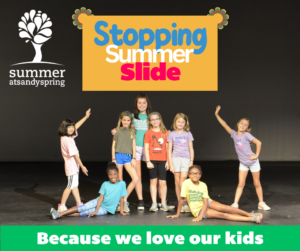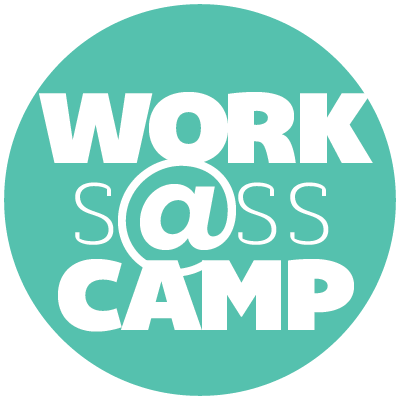Stopping Summer Slide
SaSS blends academic learning with recreation to stop it.

The headlines have been dire since schools returned to in-person learning after the pandemic. The news articles all proclaim that COVID decimated educational progress and children have backslid to an enormous degree not seen in history. Even UNICEF reported that the scale of educational loss is “nearly insurmountable”; kids lost basic numeracy and literacy skills, social and emotional skills were impacted, and rates of depression and anxiety increased.
This increasing deficit is important to take into context when you consider that children already face a deficit when they take a break from the school year during the summer months, known colloquially as the “summer slide”. According to the American Education Research Journal, on average a student loses between 17 and 28 percent of the gains made during school in English/Language Arts and up to 25 to 34 percent of mathematics progress, with the most pronounced losses occurring during the K-3 years.
Yes, this sounds increasingly ominous. However, we know that summer interventions in the form of summer school or summer camps can help bridge this gap and alter outcomes. Disparity still exists; research from the Brookings Institute on summer learning loss indicated that on average, middle-income students performed better after summer intervention than lower-income students, probably because of access to higher-quality summer programs.
What makes up a high-quality summer program, then? One recommendation is to blend academic learning with hands-on activities and recreation. The second is to use professional summer school staff. Finally, the third recommendation is to create partnerships with community organizations and resources. In addition, using evidence-based literacy instruction improved overall reading scores.
All of these strategies are already at play (forgive the pun) when students attend Summer at Sandy Springs. Our camp blends academic learning with recreation, like doing Mad Science, Fleming Tech, Flight Science, and more. The professional summer school staff is a given, as SASS is led and developed by a team of highly-trained educators. By partnering with outside resources to create specialty camps, we are on top of leveraging community partnerships. In the Academics Camp, evidence-based practices are used for both literacy and numeracy instruction to help negate that dreaded summer slide.
Even more importantly, participation at SASS doesn’t just help negate the summer slide but launches children ahead for the next school year. That doesn’t necessarily mean that the gains are focused on strict academics, although that is a perk. Rather, it’s vital that exposure to new tasks, peer relationships, and outside enrichment aid our SASS campers to develop the vital social, emotional, and behavioral skills they’ll need to flourish in the upcoming school year. Resilience and growth mindset training develop the adaptability the school year will require.
It can be so, so easy to focus on the negative when you think of the context we discussed first, COVID and summer loss, but the positives abound if you’re one of the parents reading this email. You’re already ahead of the curve by enrolling your child or teen at SASS, and if you’re still pondering enrollment for next year, consider this: there’s nothing to lose, and everything to gain.





